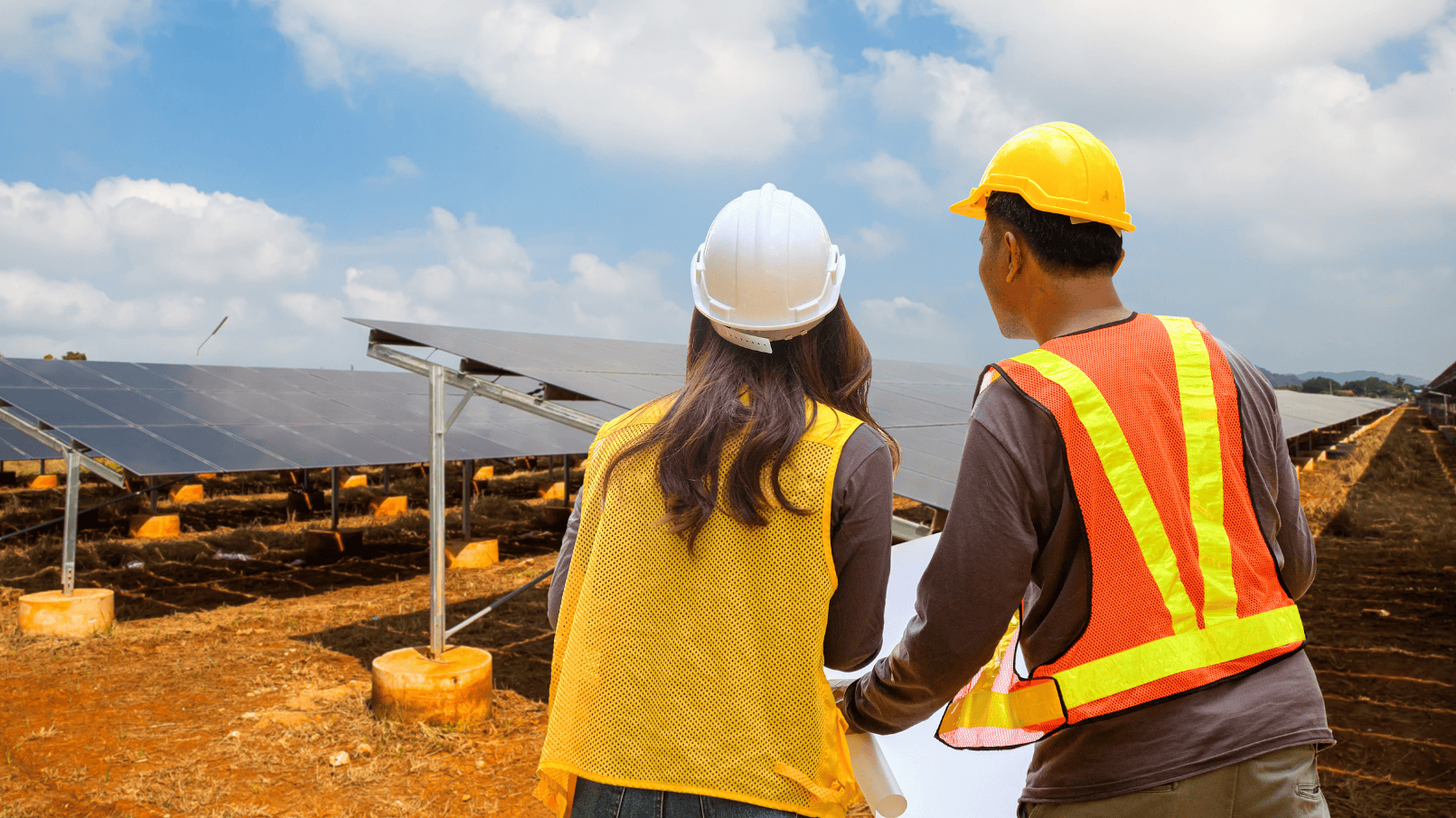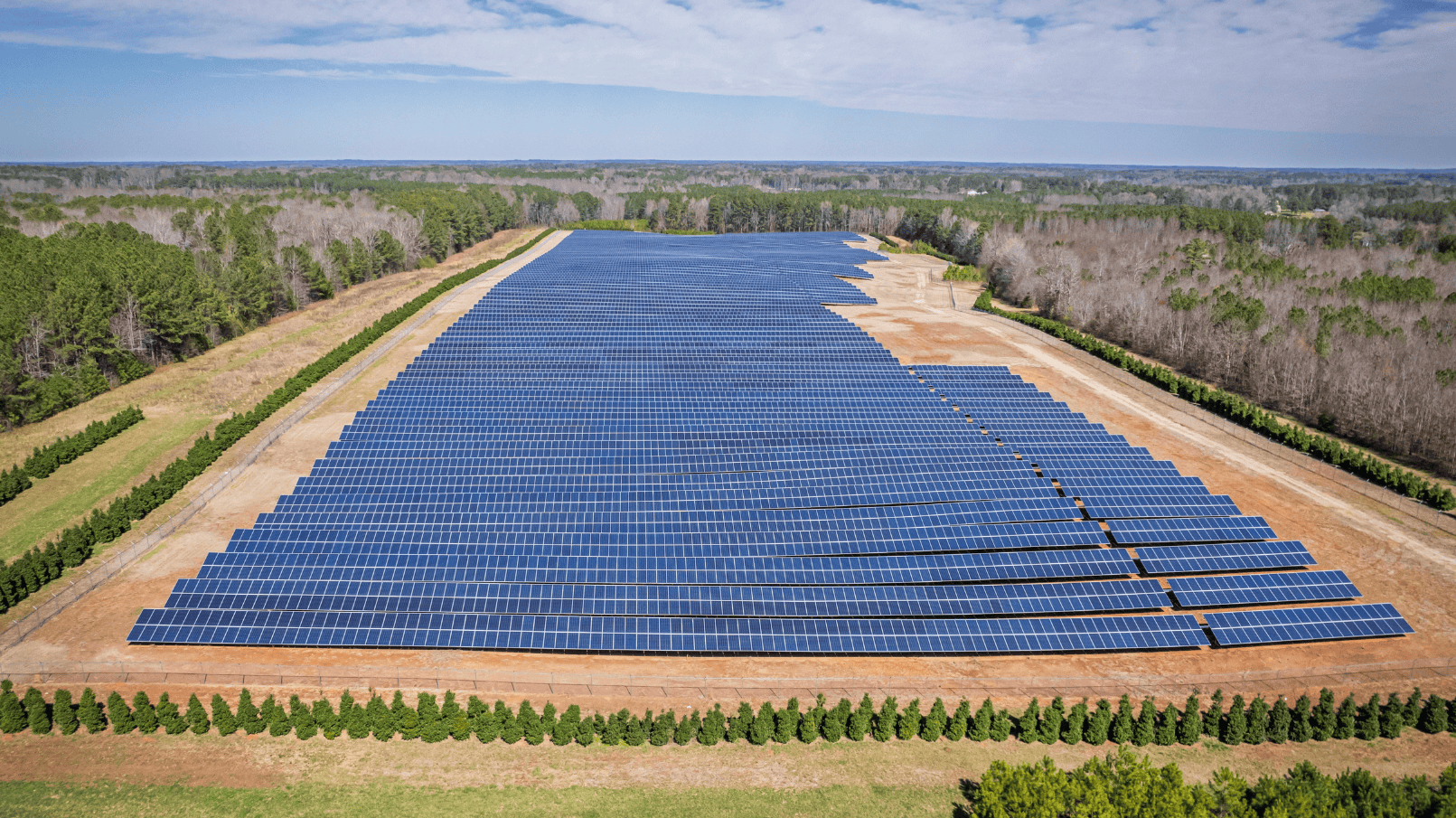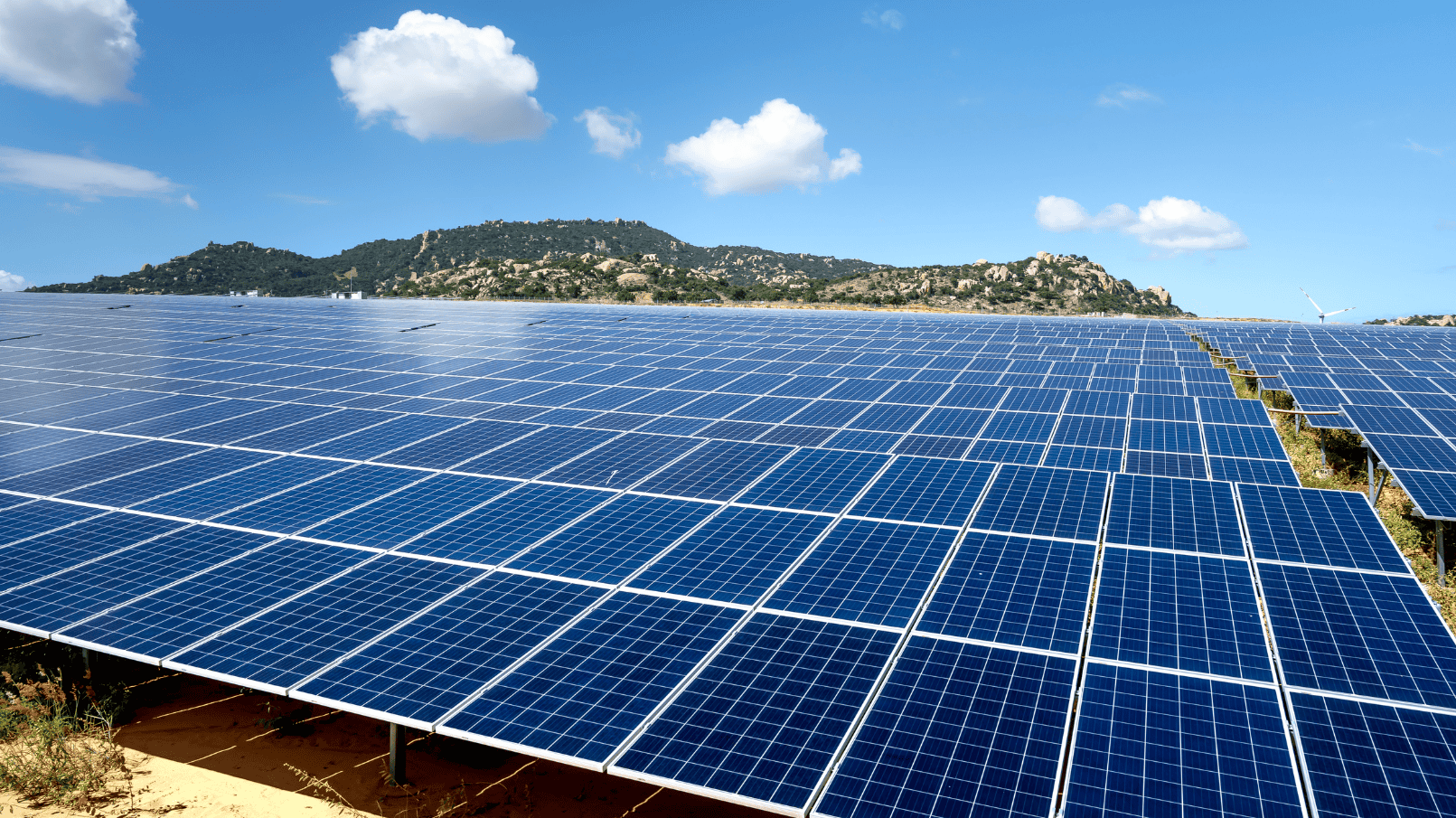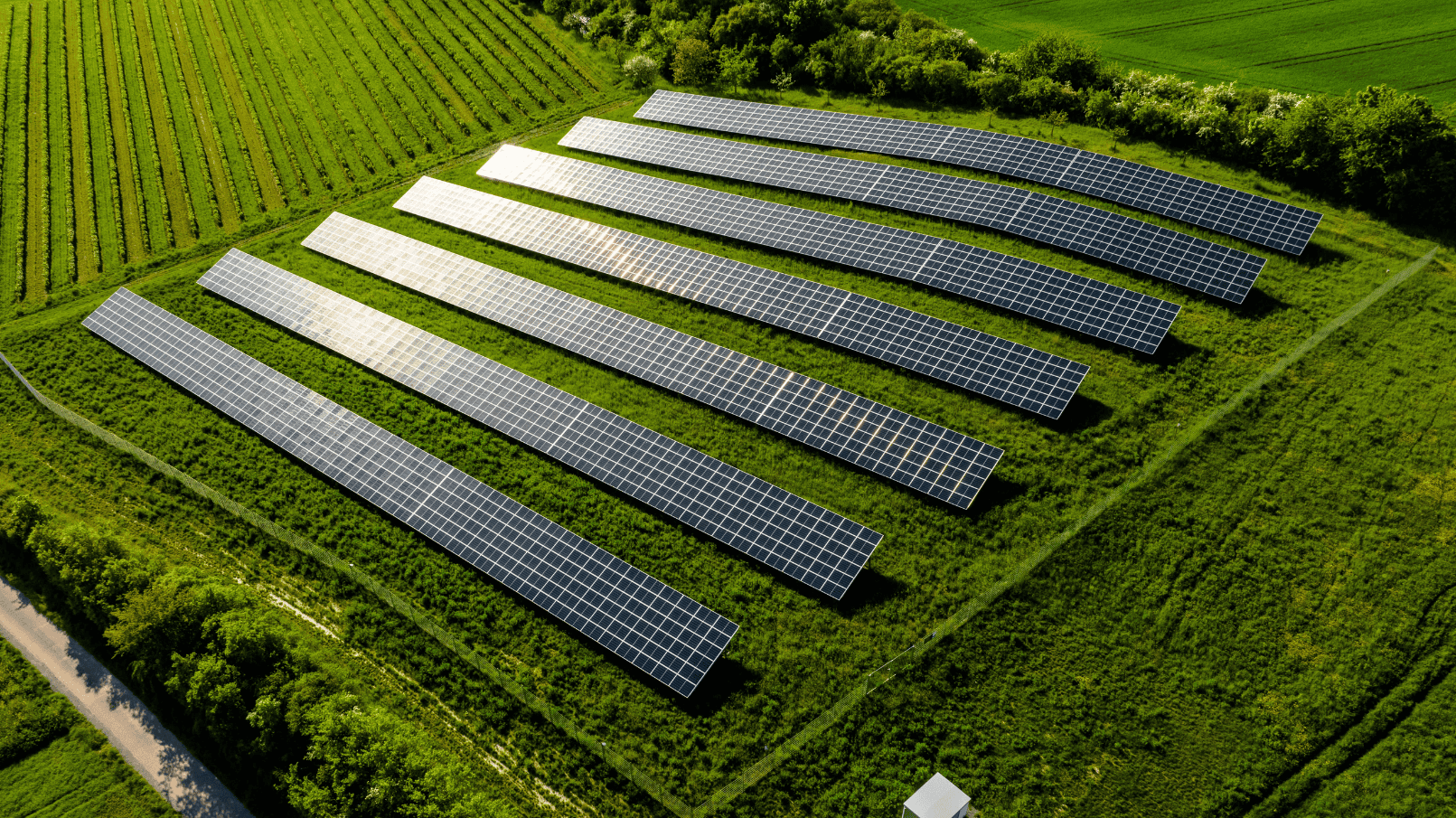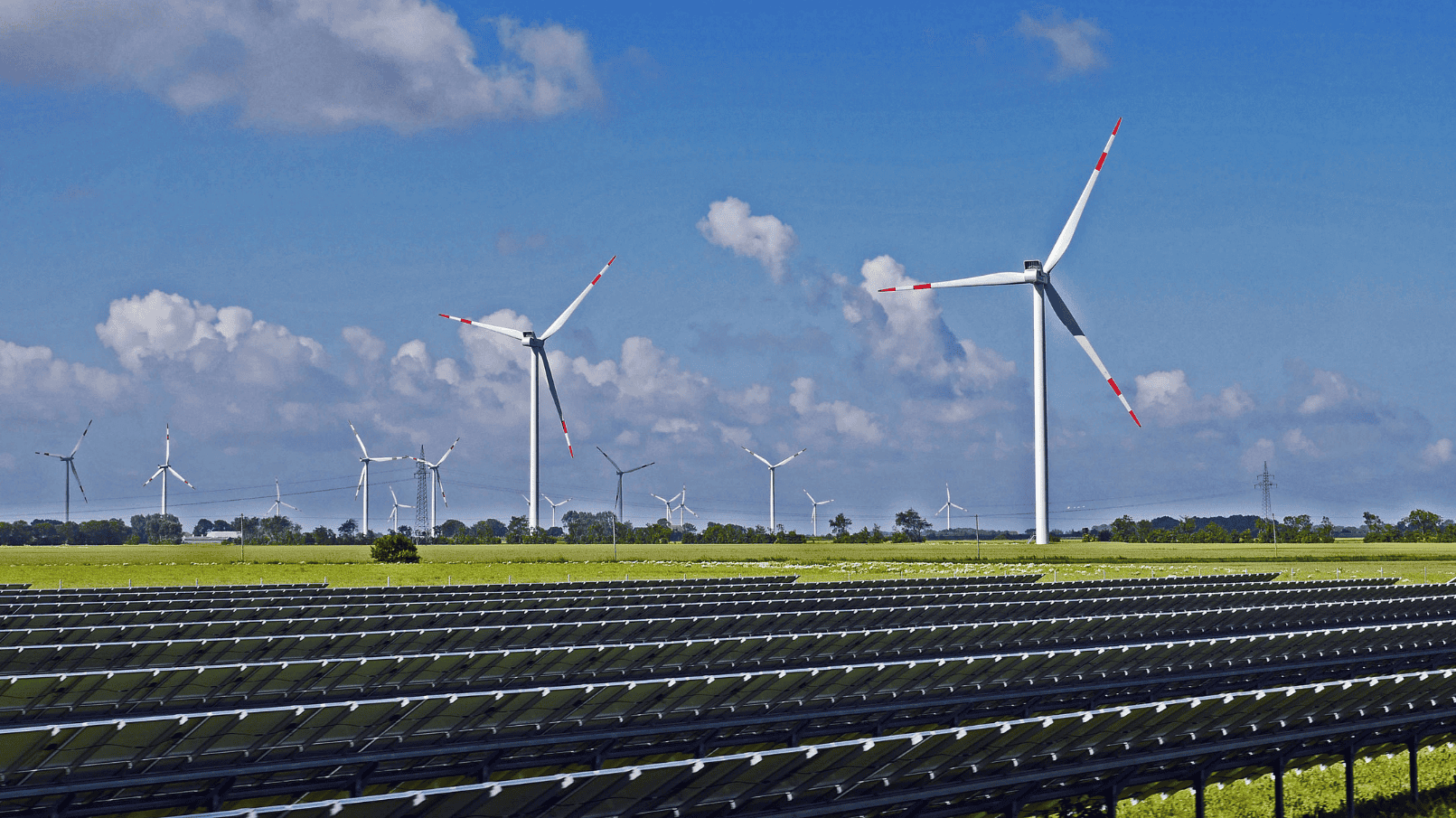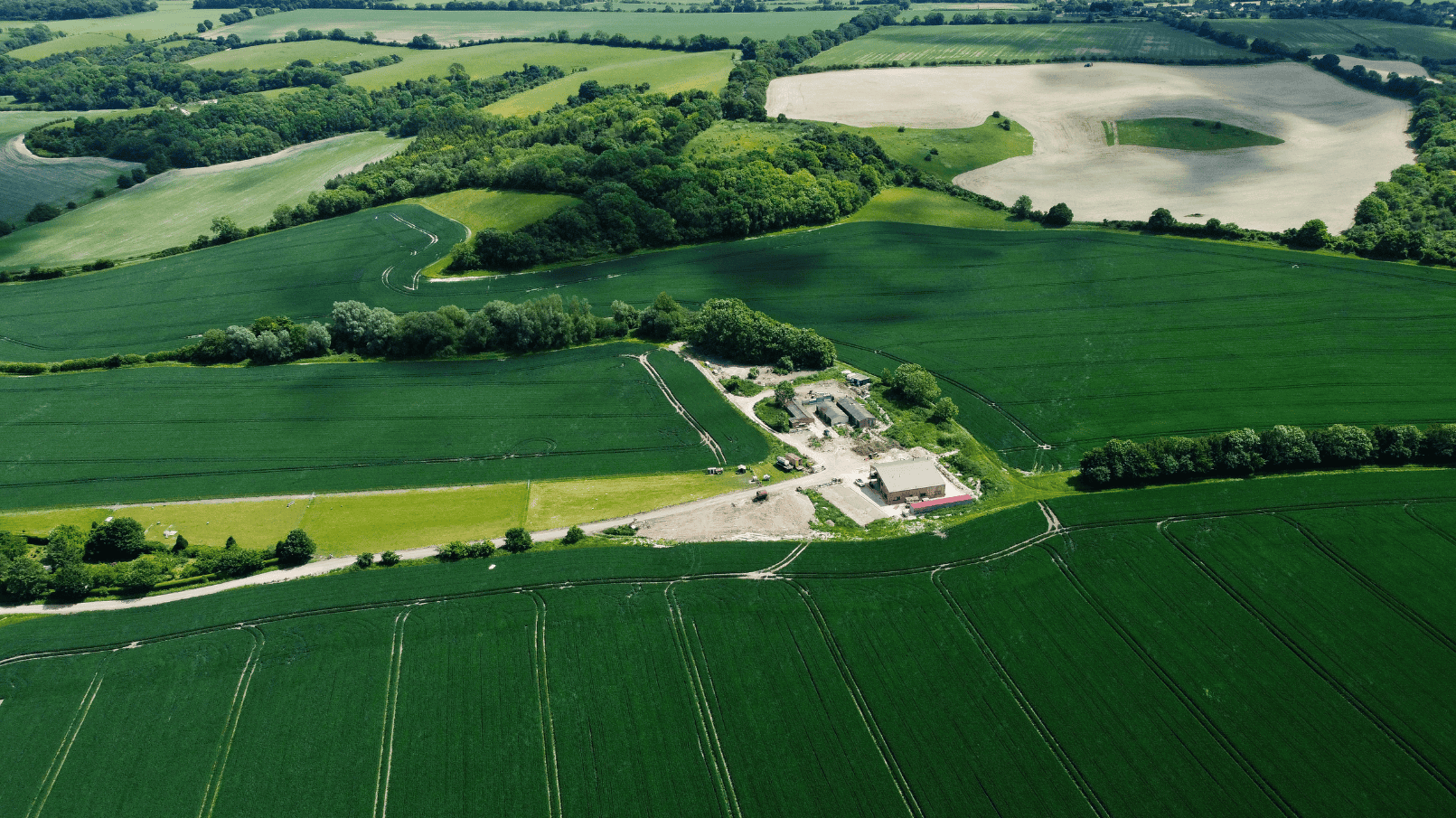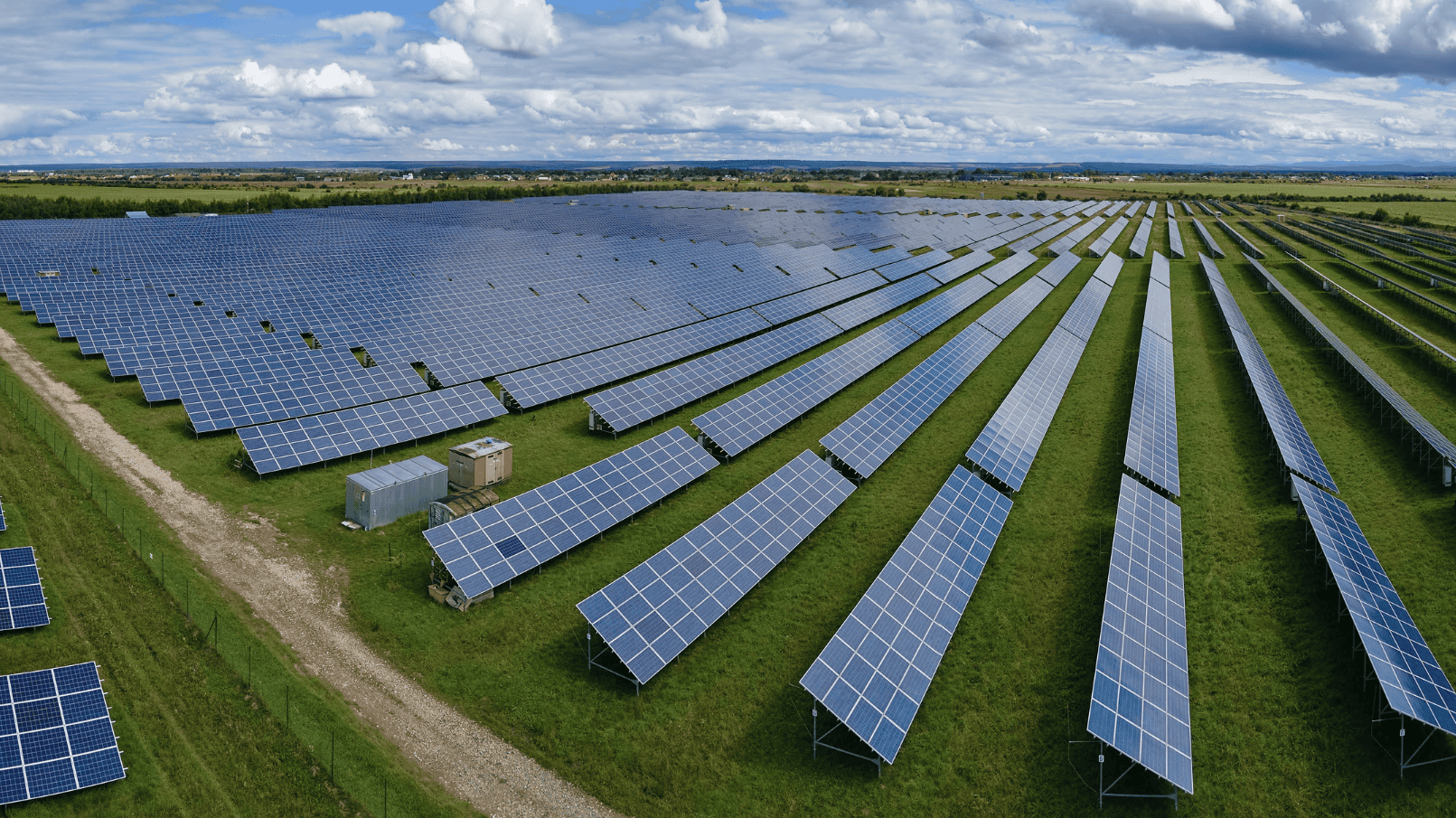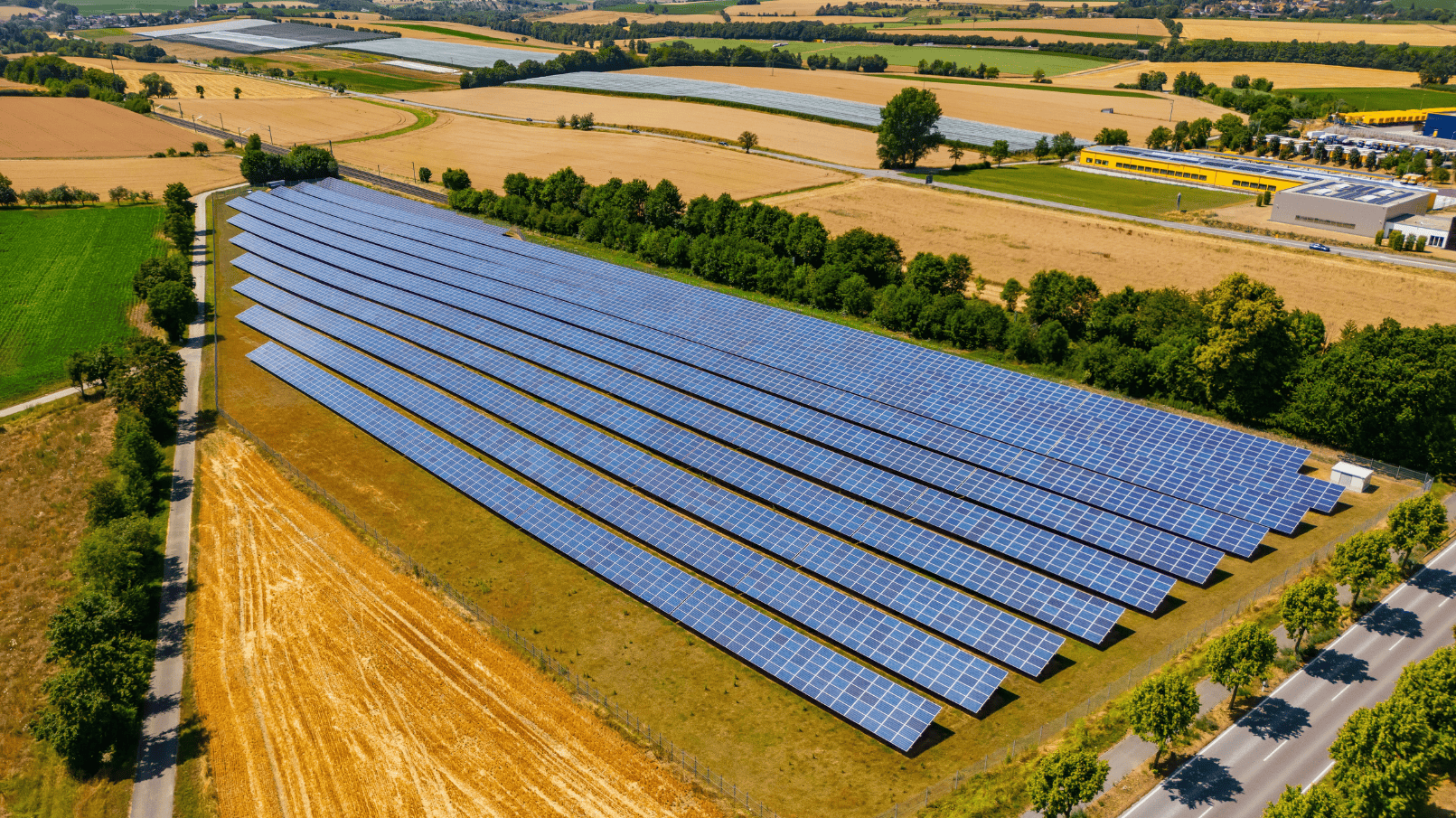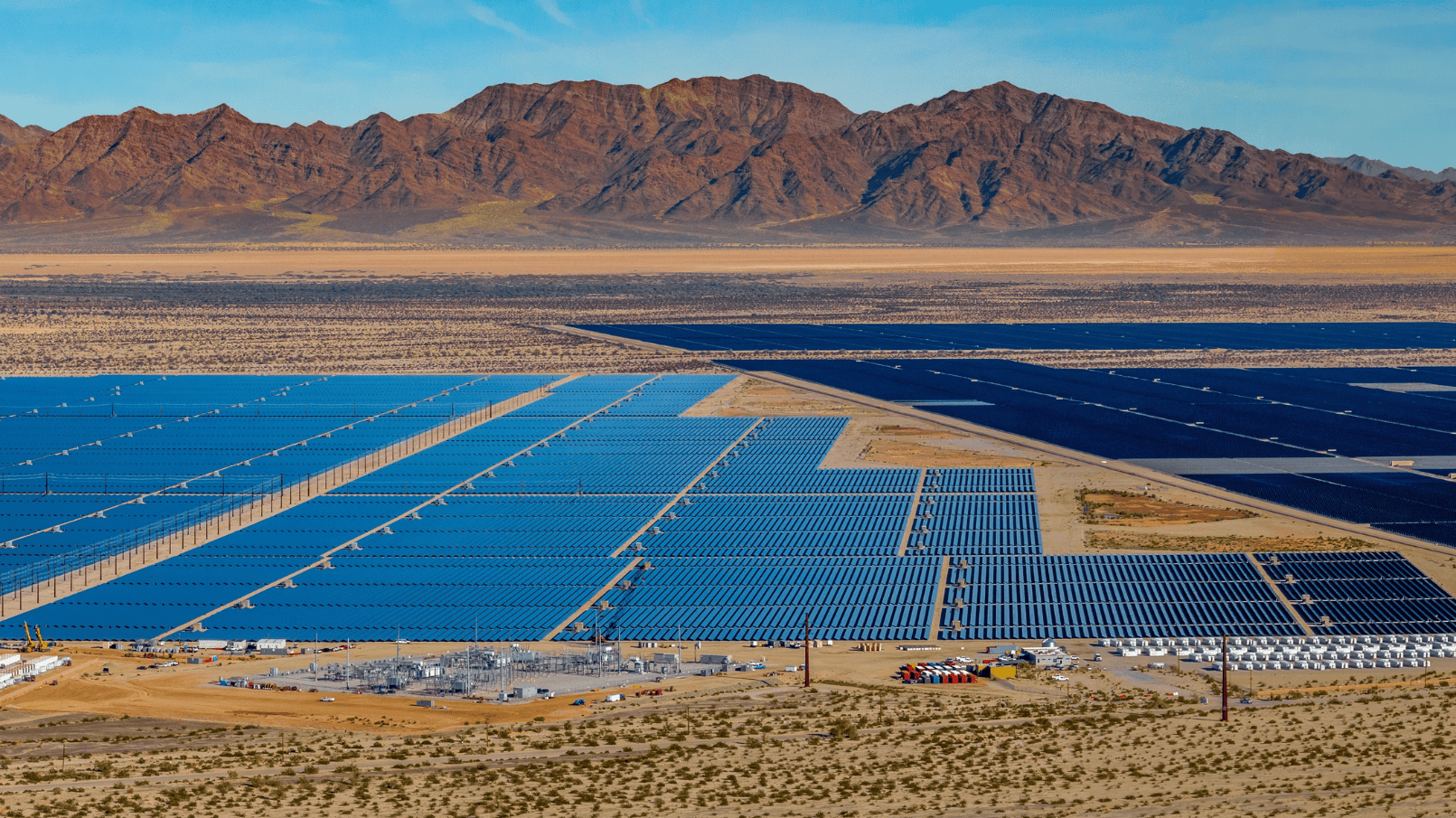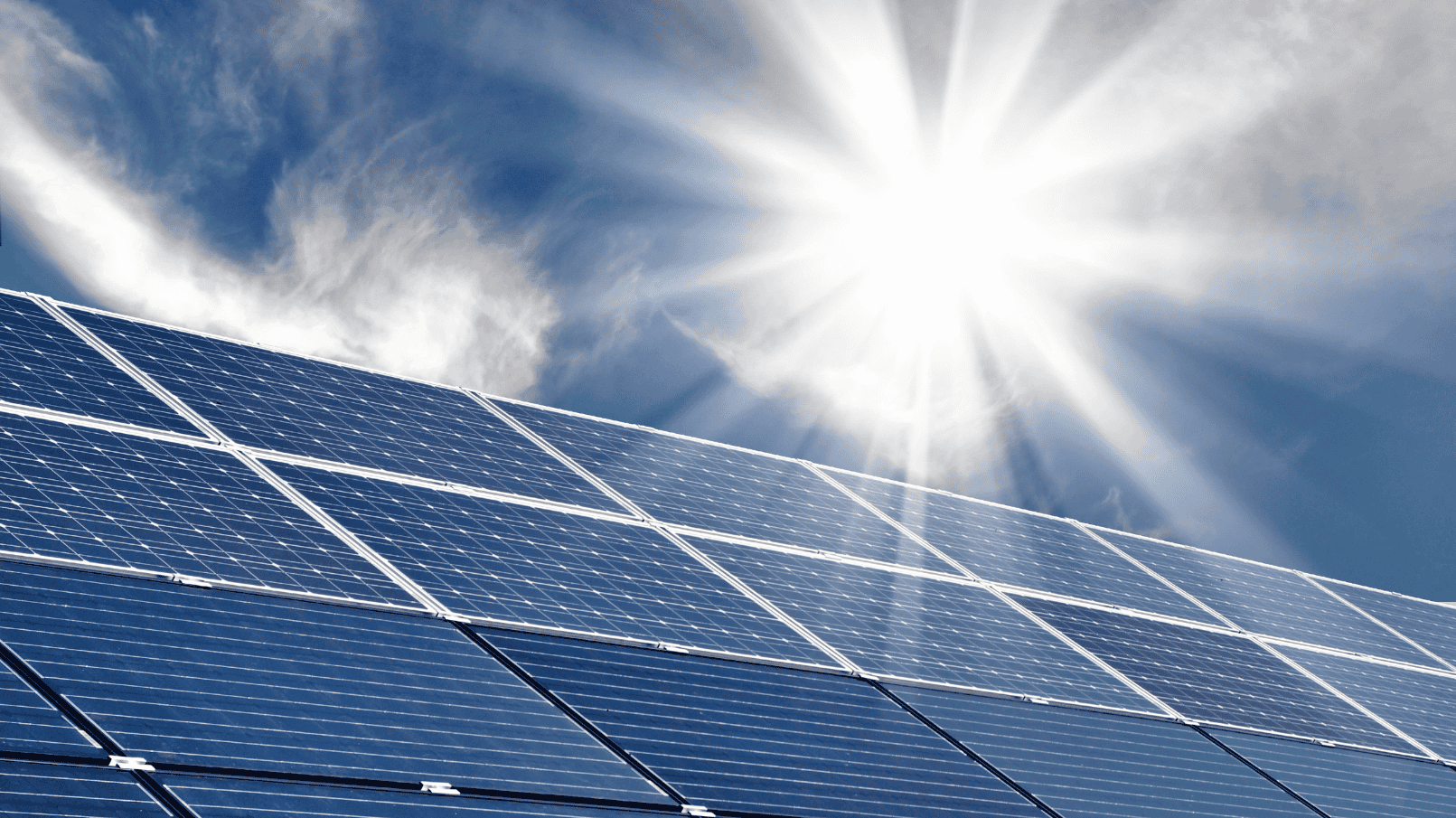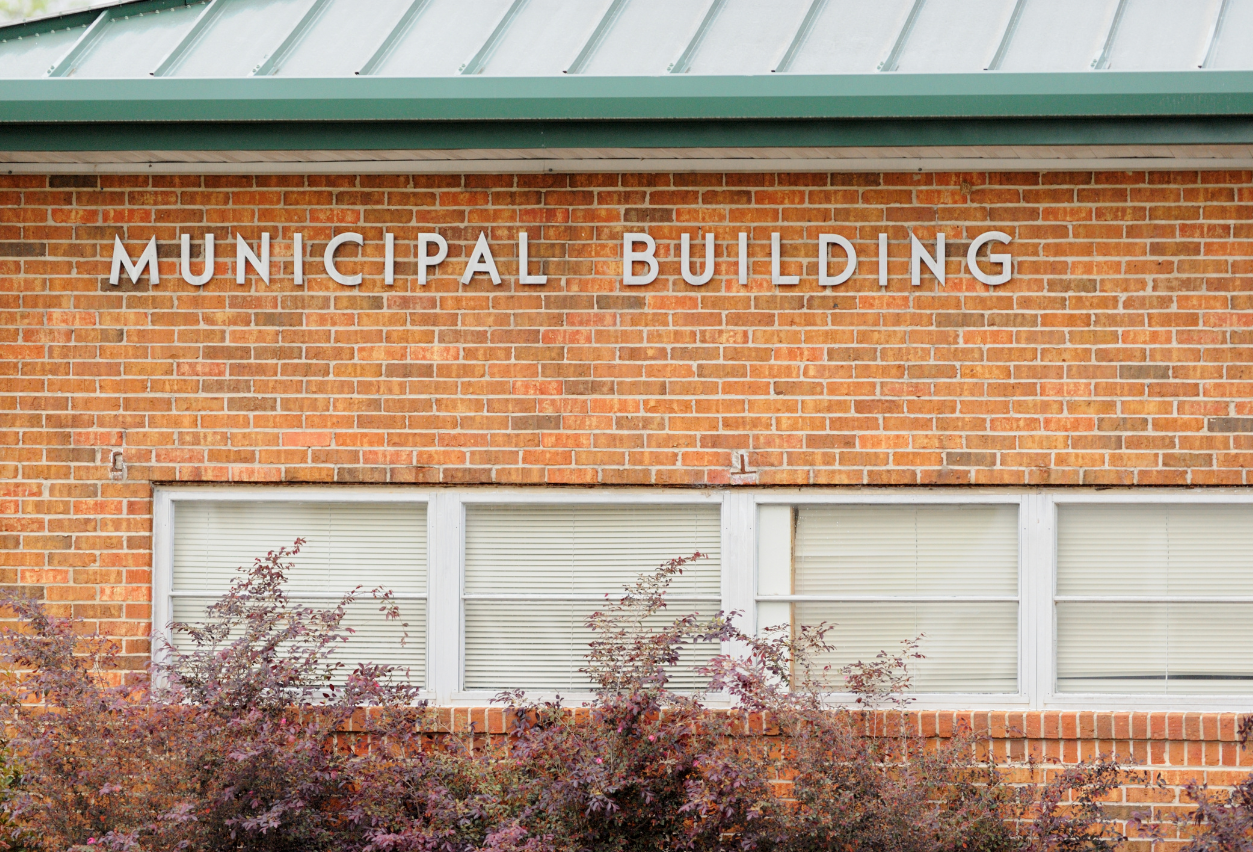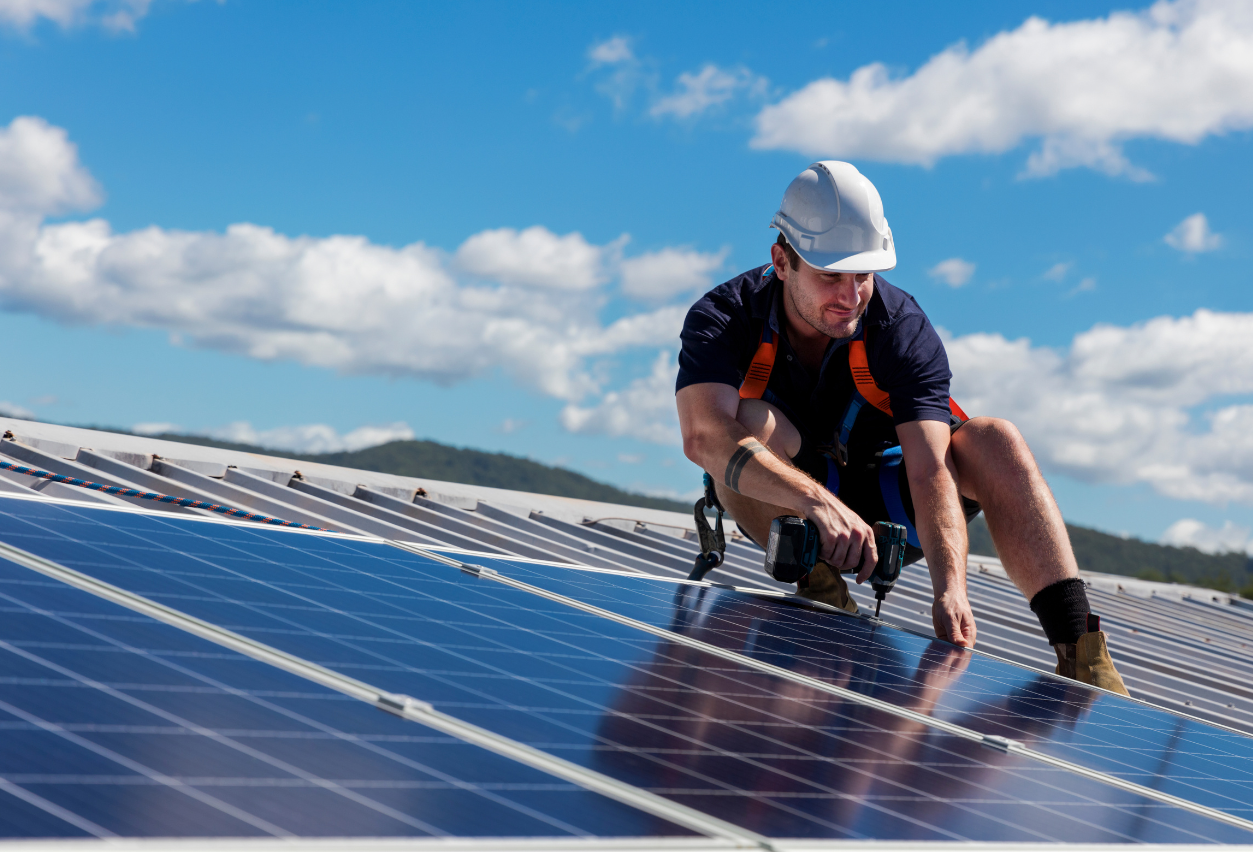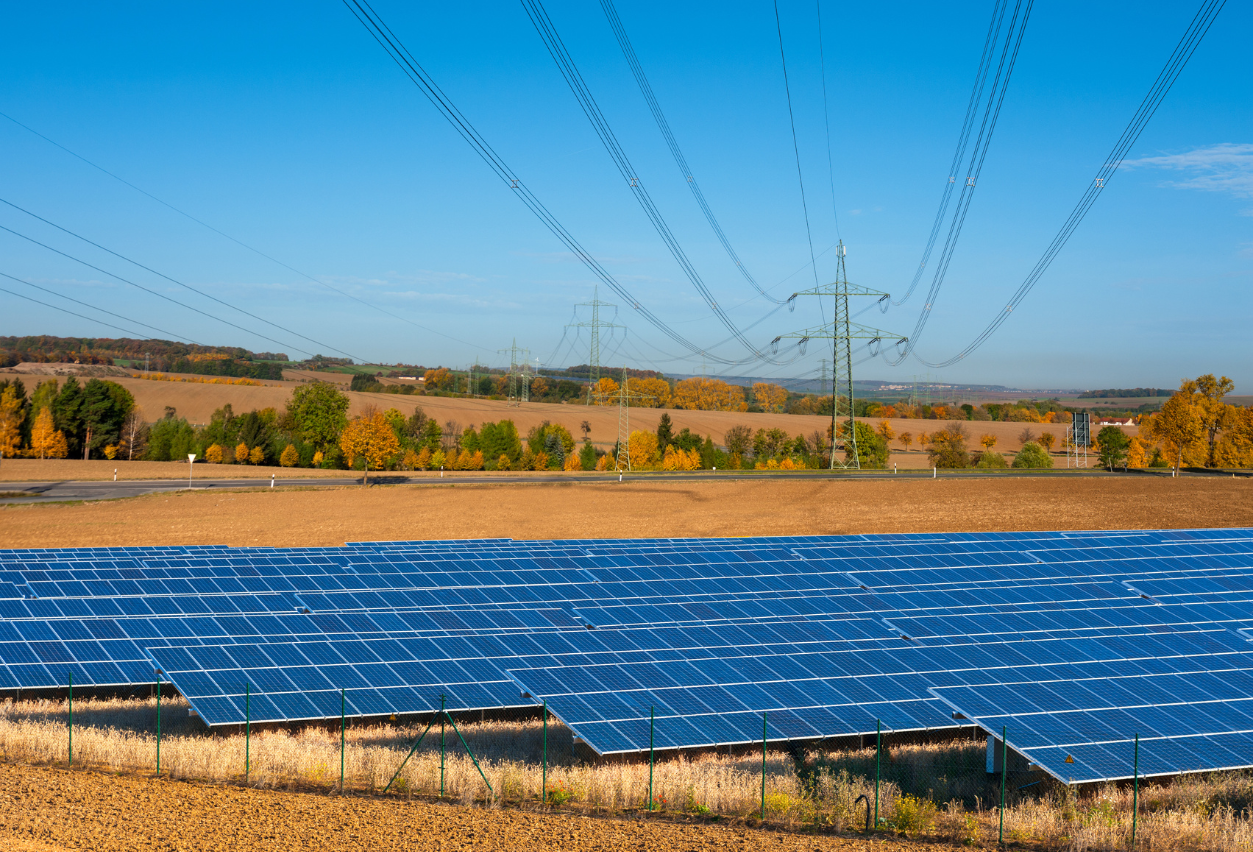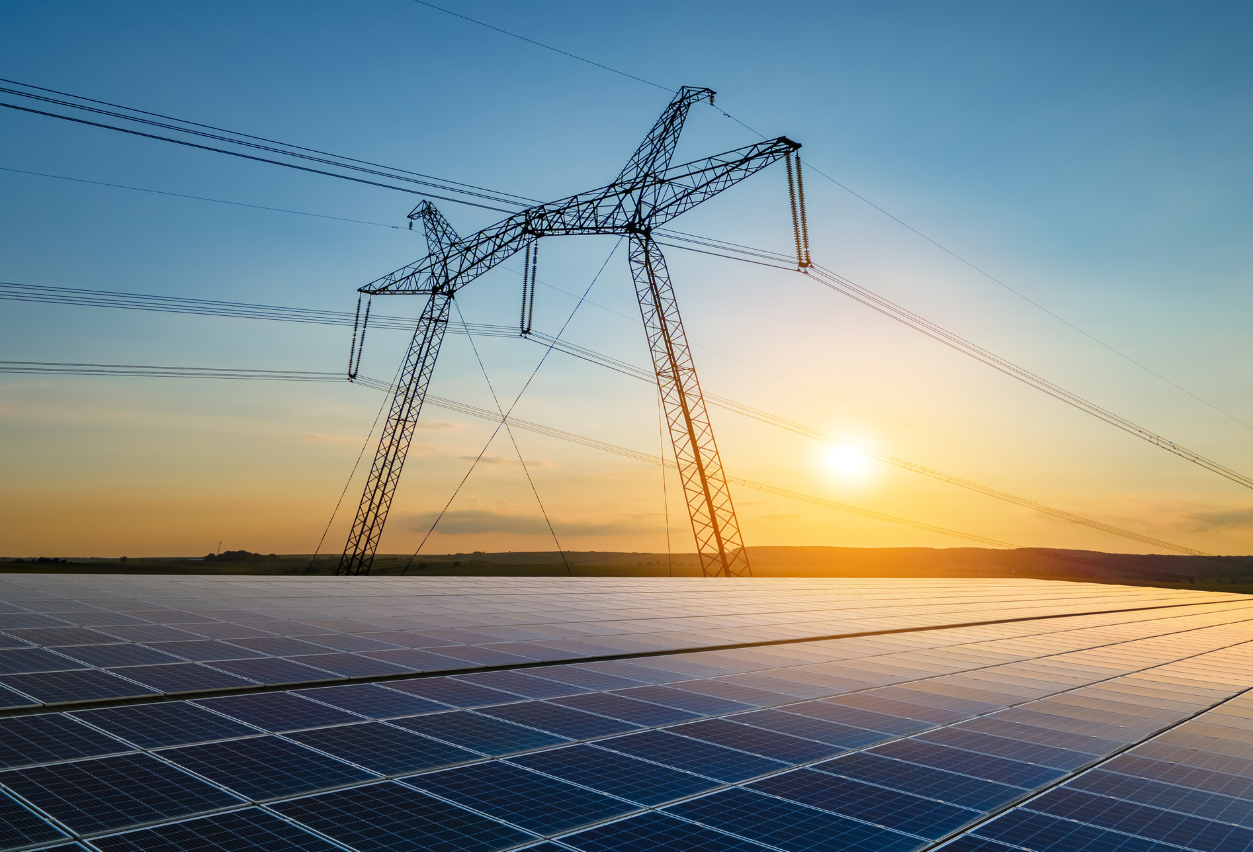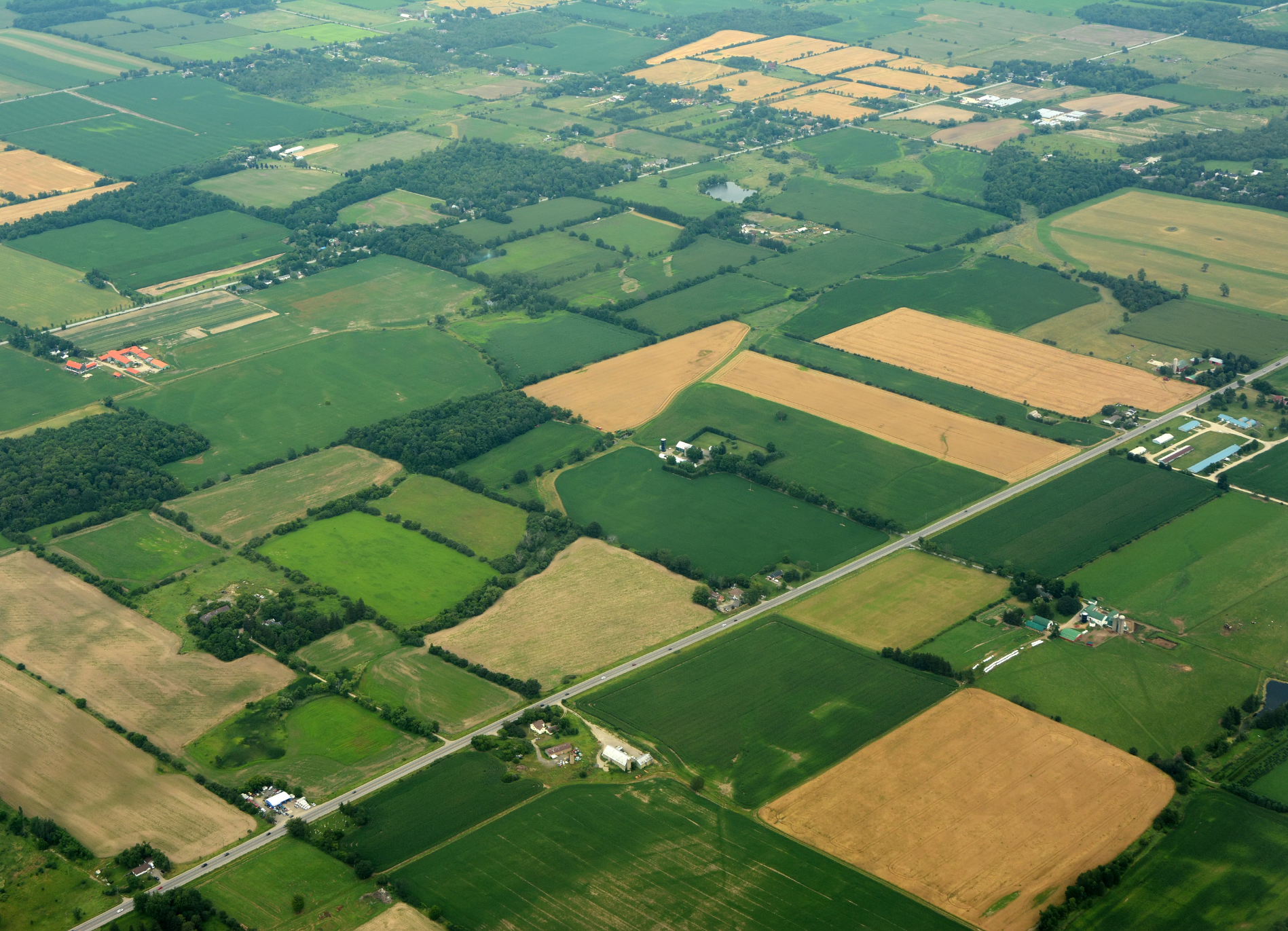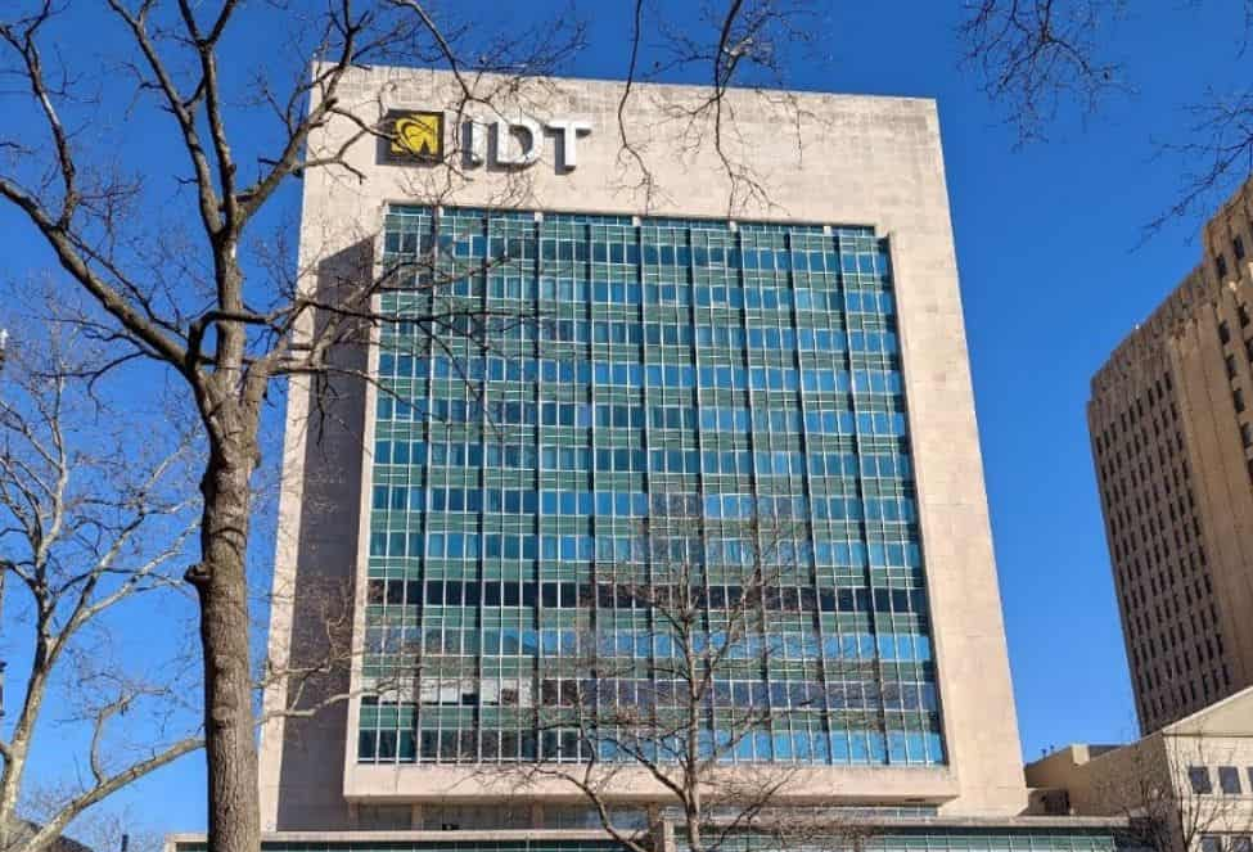Leasing open land for solar development has become increasingly popular among landowners across the U.S. However, some landowners are questioning whether they need to commit their entire parcel to a solar project, or if they can enter into a partial solar land lease agreement with the developer. This article aims to analyze the concept of partial solar land leasing agreements, the flexibility around these contract structures, and how they can create new revenue opportunities without disrupting existing land operations.
What Are Partial Solar Land Leasing Agreements?
Unlike full-site leases, which require landowners to commit their entire land parcel to a solar project, partial land lease agreements allow for the lease of a specific section of land. Solar developers typically need a minimum of 10 acres to construct a viable solar farm. Landowners with parcels larger than 10 acres have the opportunity to lease a portion of their land for solar use. Common uses for partial solar lease agreements include community solar development and even utility-scale solar farms. Read on to learn more about how these lease agreements are structured.
How Do Partial Land Leases Work?
There are several key components of a partial solar land lease agreement. Let’s explore each individually below.
Lease Boundaries
A partial land lease has distinct land boundaries where the solar project will be constructed. In order to define this territory, clear land surveying measures must be implemented to define the parcel’s geo-coordinates.
Access Roads
Furthermore, in order to access the land parcel for construction, there must be clear access points to the land. In some cases, access roads might need to be constructed in order to provide the developer with a way to move materials to the site during the construction phase. The development of access roads could require specific permitting from local authorities. These details should be clearly spelled out in the agreement.
Easements For Construction
If the developer needs to cross parts of the land that are not included in the partial land lease agreement, then easements need to be considered in the agreement. An easement is the right to cross or use land for the purpose of accessing the partial land parcel. The landowner will likely have to grant this easement to the developer as part of the deal.
Grid Connection Points
Interconnecting the solar project to the electric grid is one of the most important steps of the solar development. If the electricity grid is not located on the partial land parcel, additional considerations must be taken into consideration. The landowner might need to grant the developer an easement or additional land into order to access the utility infrastructure.
Land Use
Finally, the landowner’s right to use the land that is not included in the partial lease agreement is an important point of the agreement. For example, a farmer might want to continue his farming operations on his land that is not part of the solar project. These details need to be spelled out in the lease agreement so there is no confusion after the solar project is completed.
Partial Solar Land Leasing Benefits
Partial land agreements provide an array of benefits to landowners who do not want to commit their entire property to the solar project. Some of those benefits include generating a steady income stream from the solar lease while retaining the remaining land parcel for agriculture or resale. These types of agreements are beneficial for land located in energy-rich regions where the landowner might enter into a fracking agreement on the land not occupied by solar. Partial lease agreements are a flexible land-use strategy that allows landowners who are new to solar leasing an opportunity to get their feet wet without overcommitting.
Risks Associated With Solar Land Leasing
Leasing your land to a solar company for development does not come without risks. Some of these risks include:
- Limitations on site access during and after the project.
- Potential for aesthetic changes to the land that could impact nearby neighbors.
- Loss of land value if the project is not properly maintained or decommissioned after the lease is terminated.
- Disputes with developers over land lease agreements and landowner rights.
Who Can Benefit from a Partial Lease?
If you are thinking about leasing your land for solar, but still have some reservations, a partial land lease might be right for you. These agreements are ideal for farms with underutilized land, multi-acre landowners, real estate developers with multi-use project plans, and institutional owners, such as municipalities or schools.
Why Partner With A Trusted Solar Developer
Committing your land to a solar project is a serious investment. You could be giving up your rights to use your land during the term of the agreement (20-30 years). With that being said, it’s important to work with a reputable solar company for several reasons. Experienced companies have a track record of success and can help get the project completed and produce income. Nothing is worse than entering into an agreement with an inexperienced developer to only have the project drag on for years. This will delay any sort of income from the land lease, and even worse, could leave you with a half-built solar farm on your land.
Furthermore, a good partner will understand the nuances of local solar policies and regulations and will be able to navigate the complexities of solar interconnection.
Navigating Lease Agreements
When you are serious about exploring a solar lease, take the proper steps to ensure the lease agreement is to your benefit. Here are some tips for evaluating solar land lease agreements:
- Always consult with legal counsel before signing any documents.
- Compare offers from multiple solar leasing companies.
- Ensure that the terms of the agreement represent your long-term goals and land use needs.
- When leasing a partial parcel, be sure to include the specifics related to how you can utilize the unused portion of the property.
- Be sure that the agreement includes clear terms for decommissioning the solar project after the lease expires.
Interested In Leasing A Portion Of Your Land?
Genie Solar Energy, backed by the financial prowess of a public company, has decades of combined experience leasing land to build solar projects. Our team of land surveyors, solar experts, and legal counsel understand the nuances of bringing large-scale solar projects to fruition. Contact us today for a free land assessment to determine the potential profitability of a solar lease on your property.
